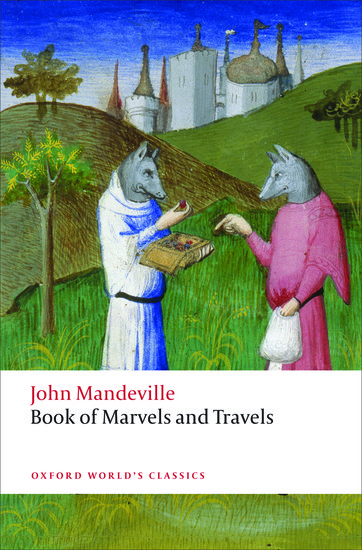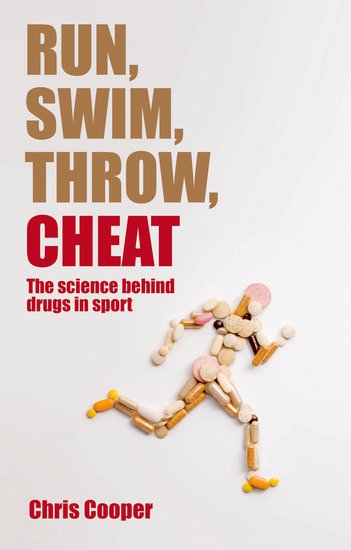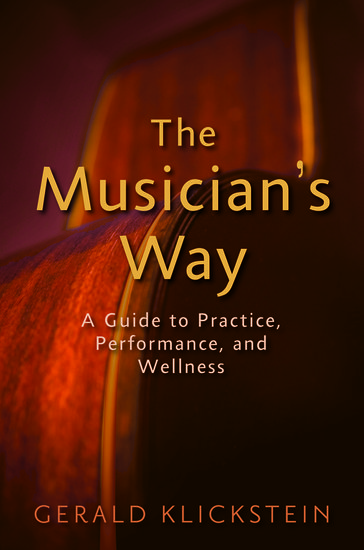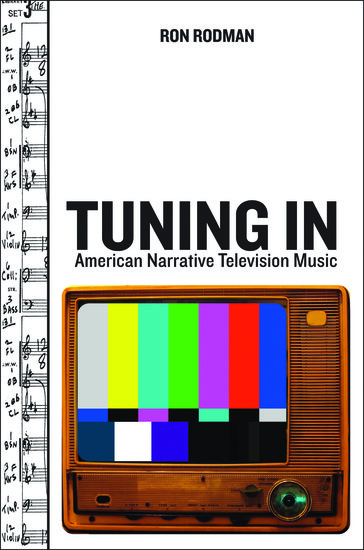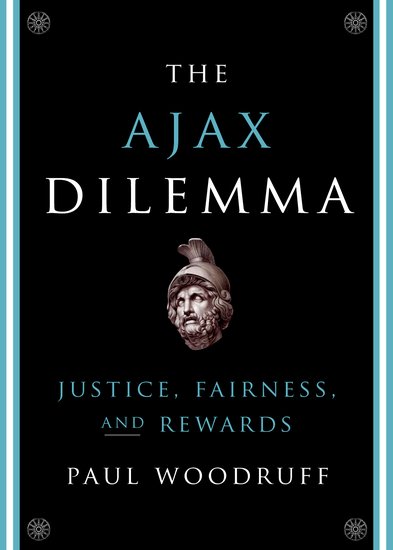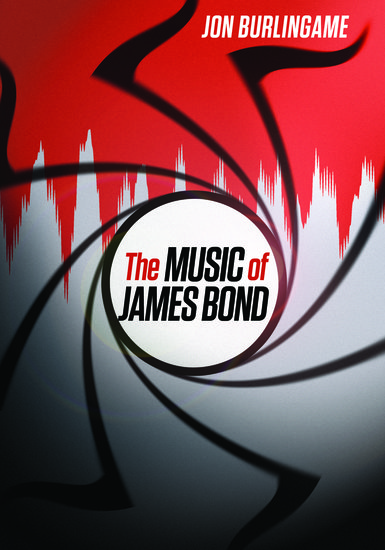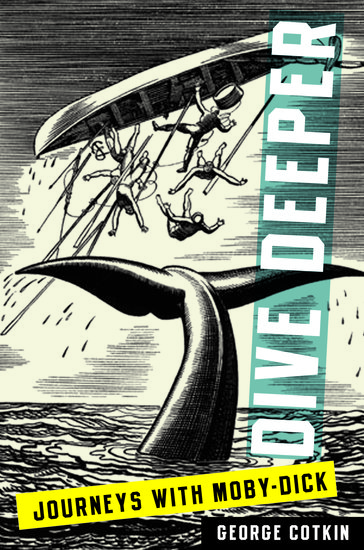The Oxford Companion to the London 2012 Opening Ceremony
Many questioned how the London 2012 Summer Olympic Games Opening Ceremony was going to make a mark after the spectacular Beijing Olympics only four years earlier. While Beijing presented the Chinese people moving as one body — dancing, marching, and presenting a united front to the world — the British answer was a chaotic and spirited ceremony, shifting from cricket matches to coordinated dance routines, Mr Bean’s comedic dream to a 100-foot Lord Voldemort.





